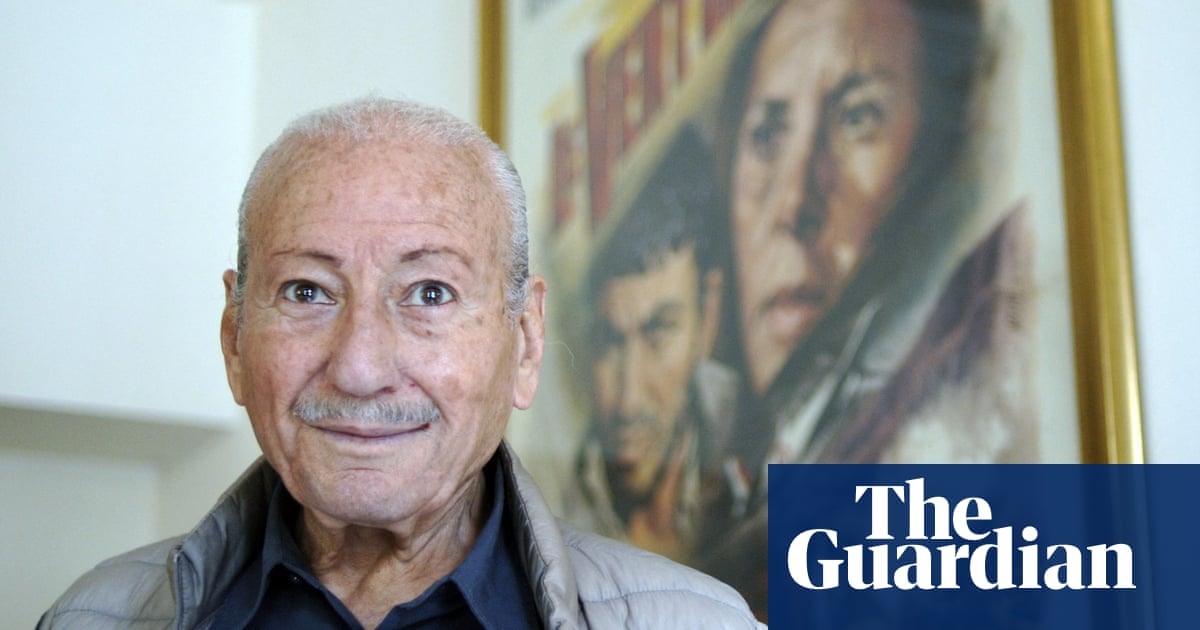The passing of Mohammed Lakhdar-Hamina, a significant figure in the film industry, especially for Arab and African cinema, carries considerable weight beyond just a personal loss. His achievements, particularly winning the Palme d'Or in 1975, have made him a pivotal figure in cinematic history, symbolizing cultural and political narratives that resonate deeply within the post-colonial context.
Cultural Impact and Legacy
Hamina's contributions to film, particularly through his landmark work "Chronicle of the Years of Fire," highlight the struggles and resilience of the Algerian people during their fight for independence. This narrative not only underscores the importance of representation in cinema but also serves as a reminder of the historical contexts that shaped modern Algeria. His death may prompt discussions about the ongoing relevance of these themes in contemporary society and film.
Public Sentiment and Message
The announcement of his death likely aims to evoke a sense of loss within communities that value cultural heritage and artistic expression. By recognizing his achievements and the broader implications of his work, the article fosters a collective memory that honors past struggles and triumphs. This aligns with a growing appreciation for diverse narratives in global cinema, particularly from underrepresented regions.
Omissions and Broader Context
While the article focuses on Hamina's legacy and accomplishments, it does not delve into current socio-political issues in Algeria or the broader Arab world. This omission could suggest a desire to celebrate his life without engaging in contemporary criticisms of political environments or the state of the film industry in these regions. Such a focus may indicate an attempt to maintain a positive narrative surrounding his contributions while sidestepping more complex discussions.
Comparative Analysis
In comparison to other news articles about significant cultural figures, this piece mirrors a common trend of celebrating legacy while minimizing present challenges. Such narratives often serve to rally support among cultural communities, fostering a sense of unity and shared identity. However, they can also risk creating a disconnect from current realities that those communities face, potentially leading to a romanticized view of the past.
Potential Societal Effects
The news of Hamina's passing may stimulate renewed interest in Algerian cinema and the historical contexts that shaped it, potentially influencing educational programs and cultural festivals. It could also inspire future filmmakers to explore similar themes, thereby contributing to a richer tapestry of narratives within global cinema.
Supportive Communities
This news is likely to resonate most with communities that value cultural heritage, filmmakers, and those with a vested interest in post-colonial narratives. By honoring Hamina's legacy, these groups may find renewed motivation to advocate for representation and diversity in film.
Economic and Political Ramifications
While the immediate economic impact on markets may be minimal, there could be long-term effects on the film industry in Algeria and beyond, particularly if Hamina's legacy inspires increased investment in local cinema. The cultural sector might see a boost in interest from international markets, which may lead to more collaborative projects that could enhance Algeria's cultural export potential.
Global Power Dynamics
The discussion surrounding Hamina's contributions could contribute to a broader dialogue about the representation of African and Arab narratives in global cinema, potentially shifting perceptions in the international arena. His works may be revisited in light of current geopolitical tensions, drawing parallels between past and present struggles.
Artificial Intelligence Influence
There is no clear indication that artificial intelligence was used in crafting this article. However, if it were, AI could have influenced the tone or structure, emphasizing a narrative of legacy and cultural pride. The choice of language and framing could reflect an AI model's tendency to highlight positive aspects while downplaying complex socio-political realities.
In summary, the article emphasizes the significance of Mohammed Lakhdar-Hamina's life and work, aiming to uplift cultural narratives while potentially glossing over contemporary issues within Algerian society. This approach serves to honor his legacy but may also reflect a desire to create a unifying narrative that resonates with audiences invested in cultural heritage.
